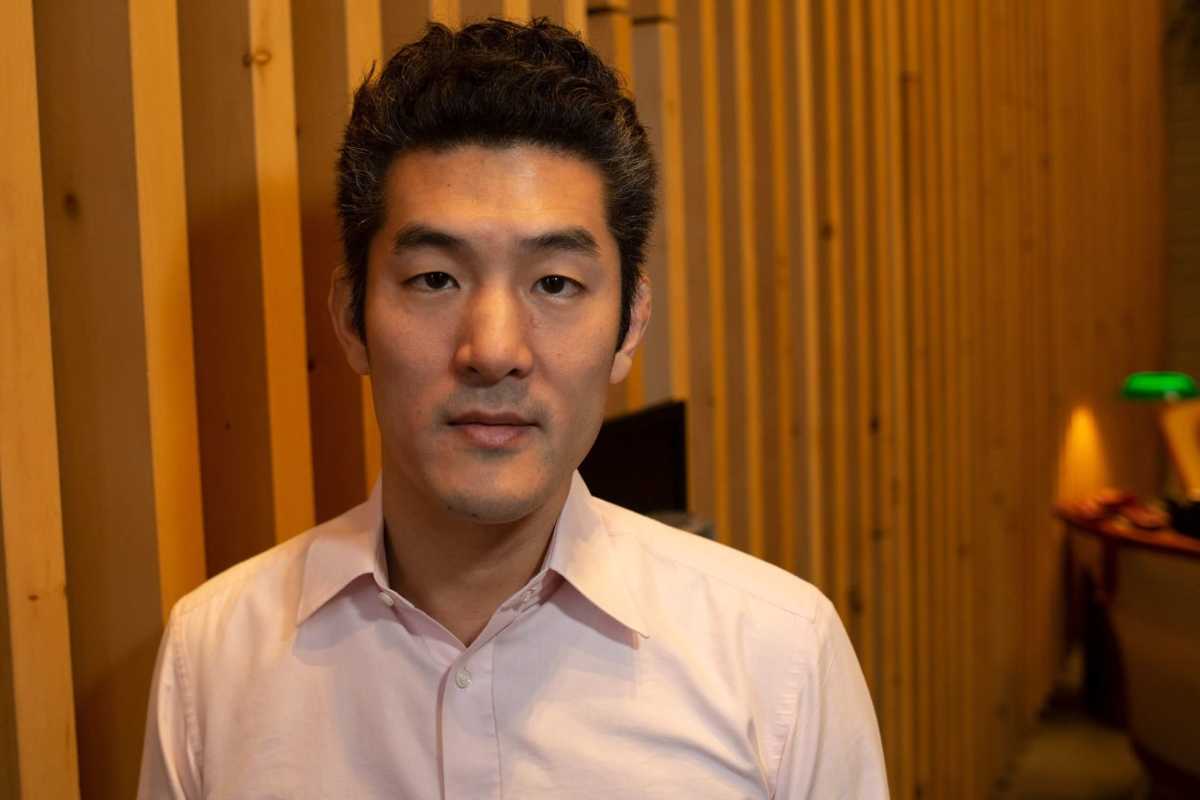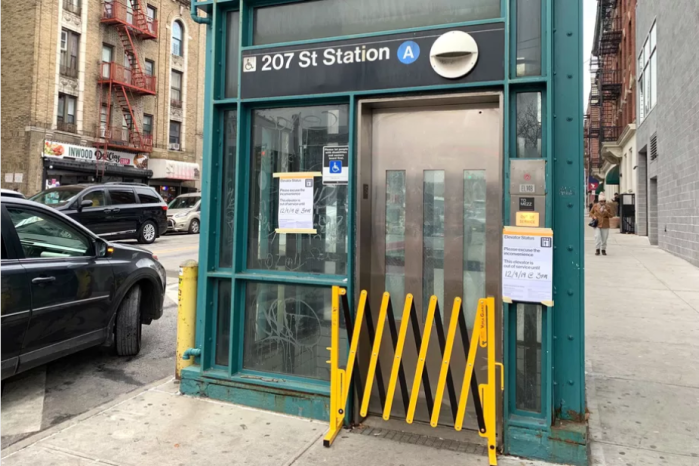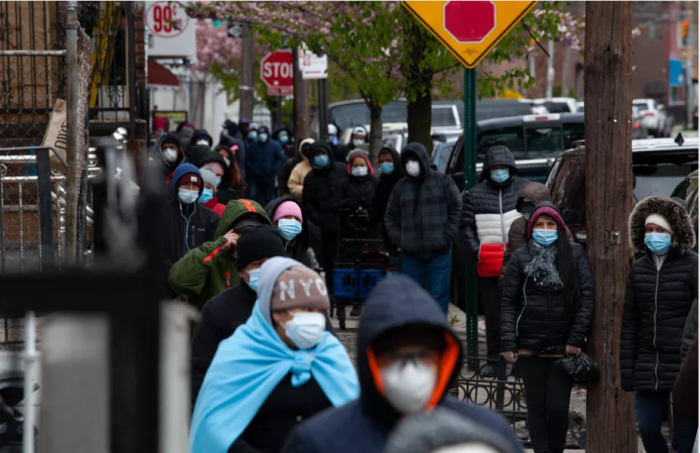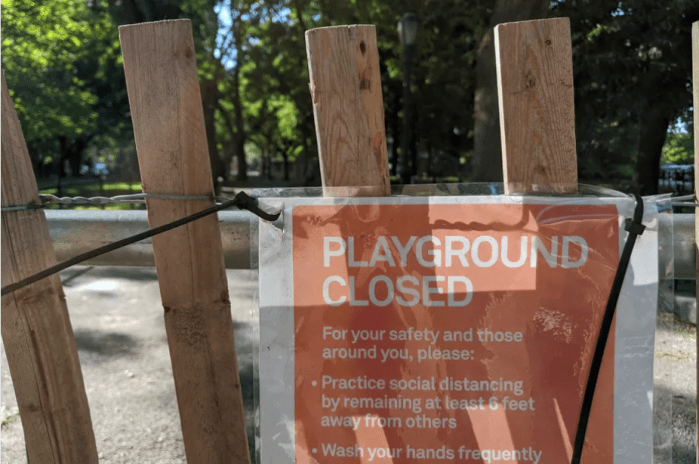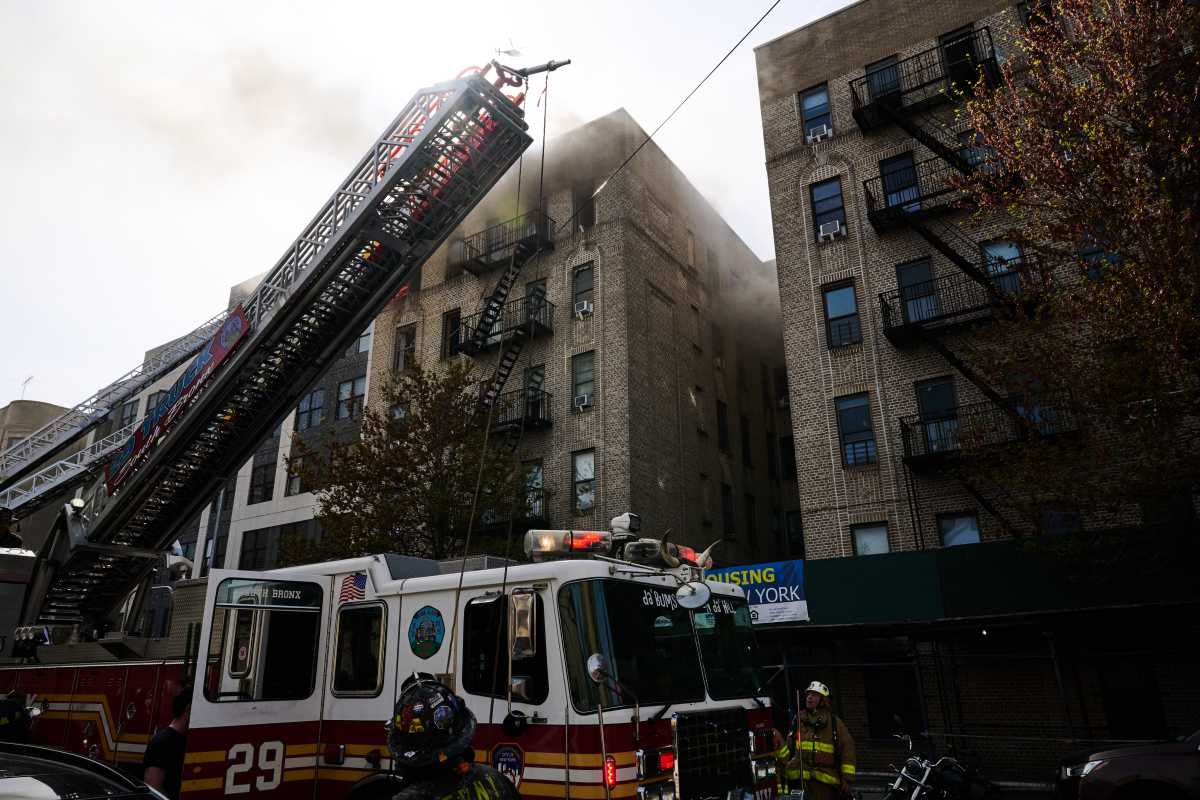This article was originally published on by THE CITY
A former deputy chief actuary has sued the City of New York alleging he was denied a promotion to the top job because of his race and sexual orientation — not his ability to handle billions of dollars of pension and retirement investments.
Craig Chu, 41, began working at the NYC Office of the Actuary in 2017 after years of working in the world of actuarial science, focusing on pension investments, he wrote in a federal bias suit filed in November.
The former chief actuary, Sherry Chan, left the job in January 2022, and Chu applied for the position when it was listed that May — writing in the lawsuit that he had been praised “for his credentials, work product, personnel management experience, and track record with the city.”
His first interview was over Zoom, and he was selected as one of two finalists who had an in-person interview on June 21. The in-person interview was in front of a 15-person panel made up of members of the city’s retirement systems, a representative from the comptroller’s office and a representative from the mayor’s office, he told THE CITY. The former acting chief actuary and a representative from an actuarial consulting firm were also on the hiring panel, according to a list provided to THE CITY.
Chu told THE CITY that some members of the committee later told him how impressed they were with his credentials and ideas.
“They said, ‘Craig should teach a class on interviewing,’” he recounted. But the job eventually went to the other candidate, Marek Tyszkiewicz, who has 33 years of actuarial experience and moved to the city for the job from Cincinnati, Ohio, according to his LinkedIn profile and the July press release announcing the hiring.
The job is one of the highest-paid in the city, with an annual salary of $325,000, according to city records.
‘They Should Probably Do Some Introspection’
Chu said he was told on June 30 that he didn’t get the job, but was encouraged to stay at the office of the actuary because the members of the panel were “so, so impressed” with him. They also told him he was young and still had time left for a higher position, he said in the suit.
In the following days, Chu said he also spoke with other retirement systems trustees who intimated that the hiring was “political,” he wrote in the lawsuit.
Then, one trustee allegedly told him, “I probably shouldn’t say this, the vote was very very close, but some people said that they were just more comfortable with Marek [Tyszkiewicz]. They should probably do some introspection as to why that is.”
Chu, who is gay, said he mentioned his husband throughout the interview, and he believes that made the board members “uncomfortable.”
“I told them about how my husband and I were avid travelers, avid New Yorkers who loved the theater, the city’s dining,” he said.
Months later, in October, Chu said a former coworker who was close with a few board trustees told him that Chu “reminded them too much of Sherry [Chan.]”
“The bias inherent in the statement is absolutely staggering,” Chu told THE CITY, believing the only thing he had in common with Chan was that they were both relatively young and Asian.
In the lawsuit, Chu and his lawyer said despite his credentials — and the job’s focus on data-driven decisions — there was illegal bias in the final selection.
“Mr. Chu being gay, a younger person, and/or Asian was too much of an obstacle to be overcome with a certain contingent, however impressive he was to the Committee and familiar he was with the workings and mission of the Office,” the suit filed in Manhattan Federal Court states.
After this story was published, a spokesperson for the city Law Department said it was reviewing the case.
Risk and Reward
The office of the actuary provides financial risk information for five large New York City Retirement Systems and Pension Funds (NYCRS), information that helps determine how much the city has to pay into these retirement and pension funds each year.
The agency then gives these numbers to the Boards of Trustees of the retirement systems, to NYCRS, to the city and to other employers and unions whose employees and retirees are in the system.
The office of the actuary also gives information to the city’s nine “variable supplements funds” and other health care and retiree systems, according to its website. Overall, it provides advice to financial holdings in the billions of dollars.
Chu said he believes he is more qualified than Tyszkiewicz on paper. For example, there are different levels once becoming an actuary: The first level is an associate, which requires passing seven preliminary actuarial exams and then meeting a few other requirements.
Chu is a fellow, which comes after passing three additional fellowship exams, he said. He is listed with the qualification by the Society of Actuaries, with a specialty in the public sector and pensions.
Tyszkiewicz, though, is only at the lower apprentice level, according to the SOA.
“He is substantially less qualified,” Chu said. “He has never worked for a public sector employer or managed public sector employees.”
He eventually left his city job in September and said he doesn’t think he will ever work in public services again. He recently took a job at Cheiron, an actuarial consulting firm headquartered in Virginia.
He said he filed the lawsuit in the pursuit of justice for him and other people who experience bias in hiring.
“The people who do this don’t think there are consequences for their actions,” he said.
THE CITY is an independent, nonprofit news outlet dedicated to hard-hitting reporting that serves the people of New York.



